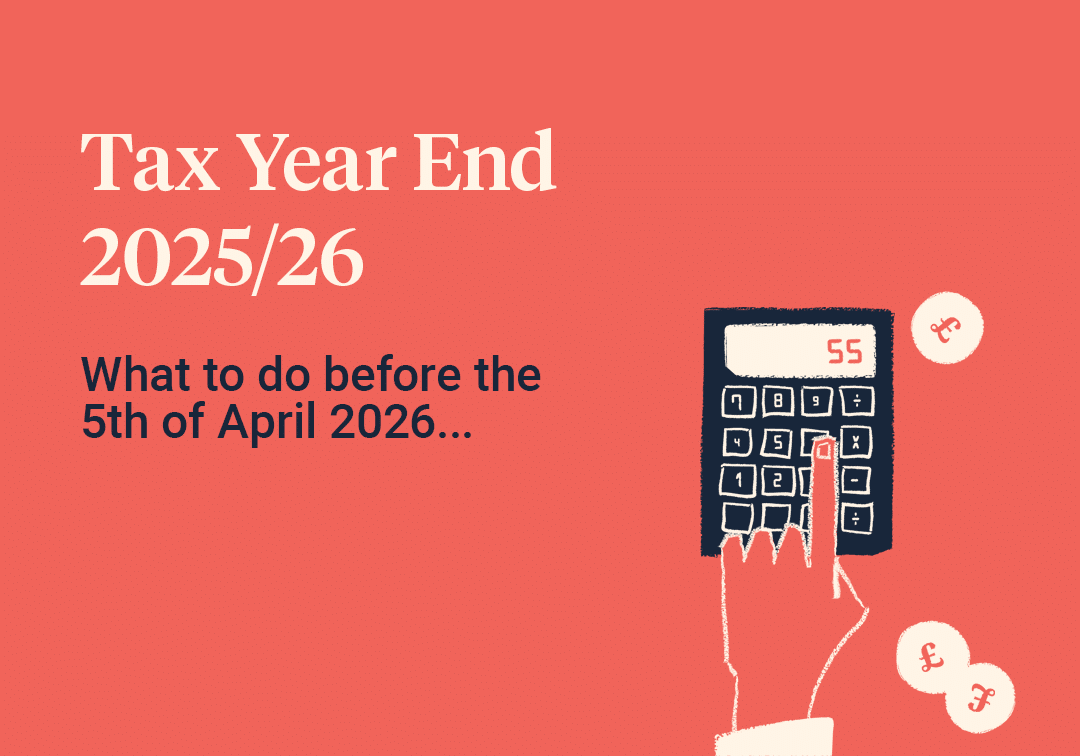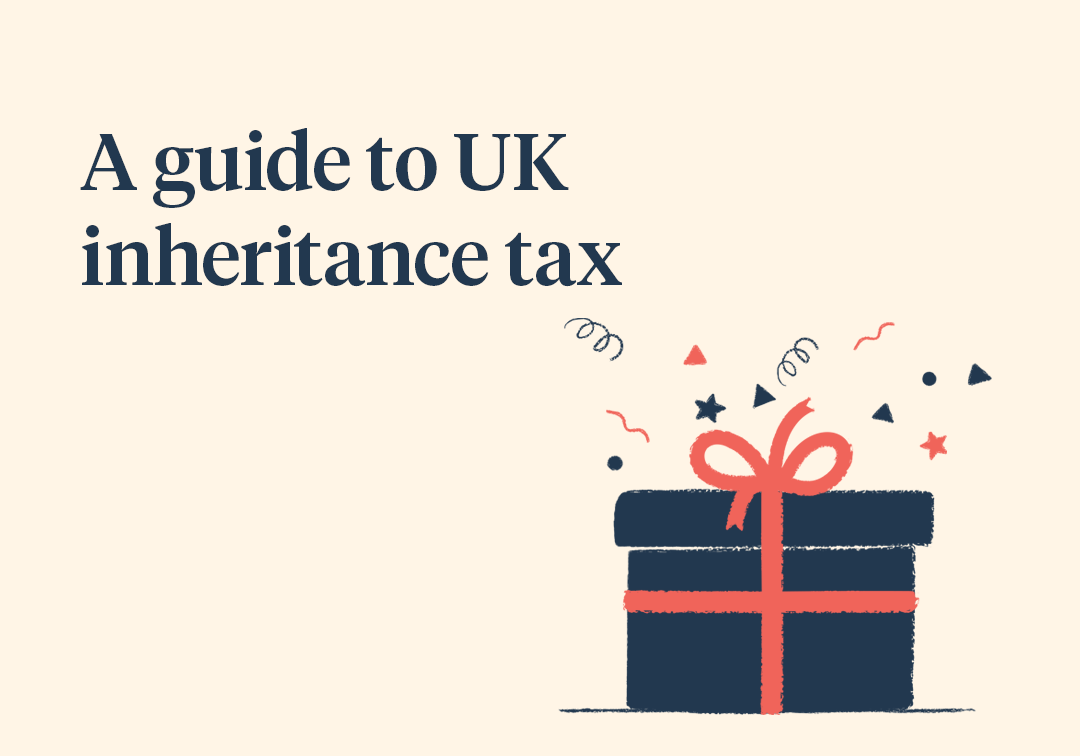The end of the year often inspires us to think about generosity, whether it’s giving to loved ones or supporting causes close to our hearts. However, did you know that giving can also come with some pretty significant tax benefits? With a little planning, you may be able to make your gifts work harder for you.
Understanding gifting rules
In the UK, there’s no specific ‘gift tax’ per se. However, that doesn’t mean gifts are entirely tax free. Rather, the rules around inheritance tax (IHT) may come into play.
Most gifts you make during your lifetime to individuals are treated as Potentially Exempt Transfers (PETs). If you survive for seven years after making a PET, the gift is usually fully exempt from IHT. However, if you pass away within seven years, the value of the gift may be added back into your estate when calculating IHT.[1]
It is also important to remember that for a gift to qualify as a PET, you cannot retain any benefit from it. For example, if you gift a property but continue to live there rent free, HMRC may treat it as if you never gave it away.
Owing to these rules, gifting can be a powerful way to reduce the value of your estate over time, but it needs to be planned carefully. A financial adviser can help ensure that your gifting strategy is both effective and tax efficient.
If death occurs between three and seven years after the gift, taper relief can reduce the rate of IHT that applies, although it does not reduce the value of the gift itself.





